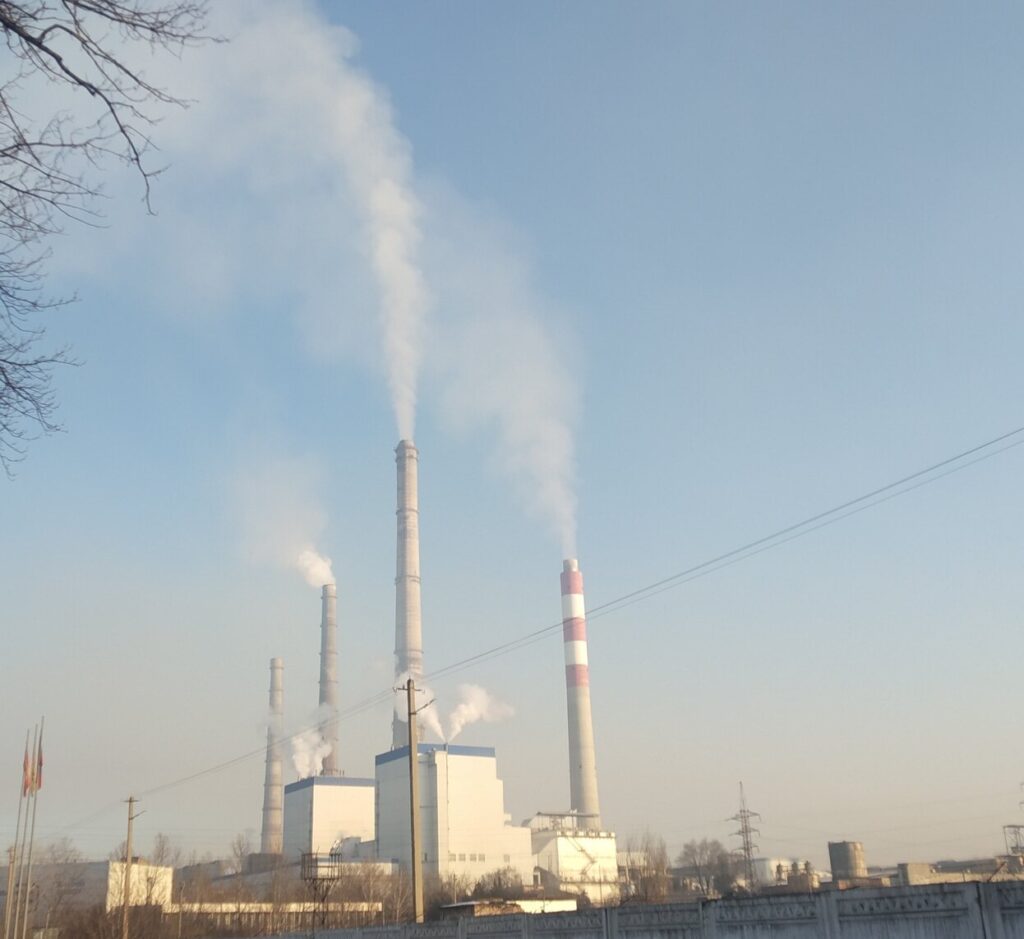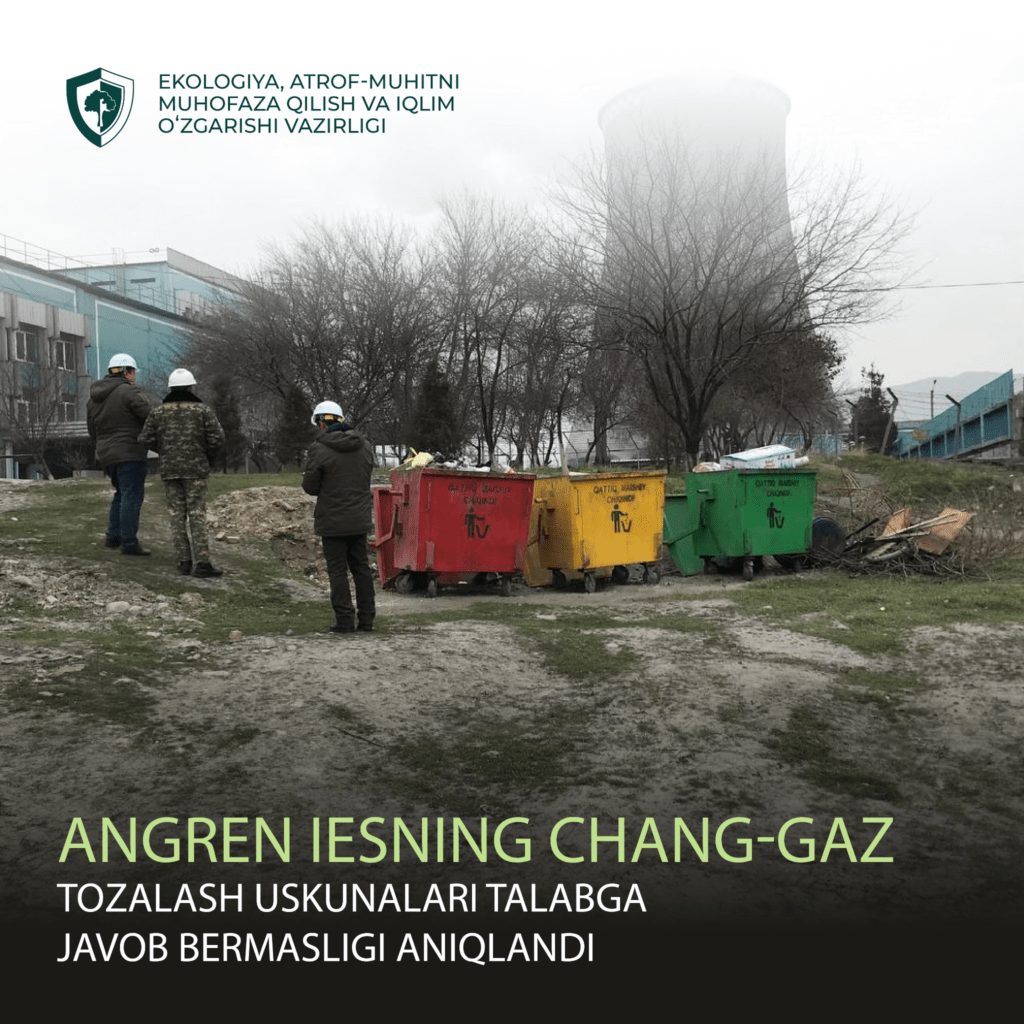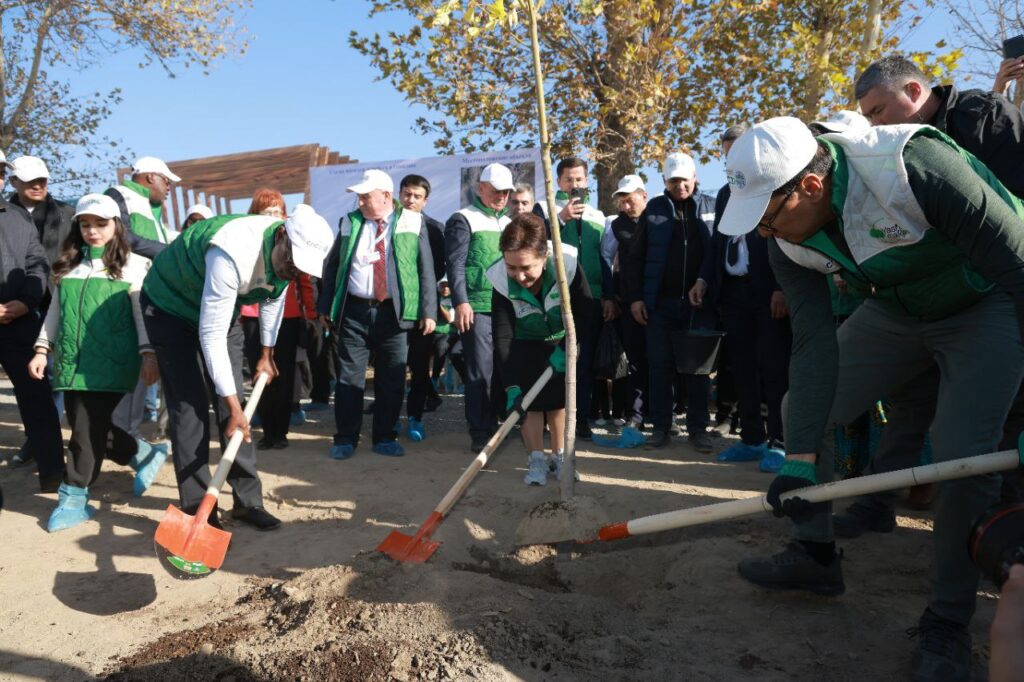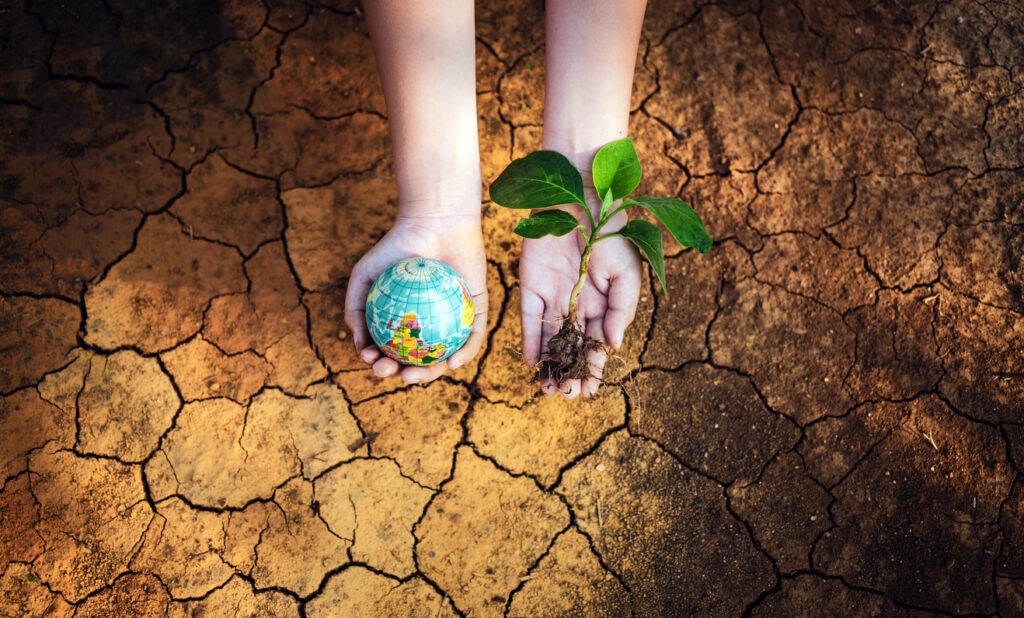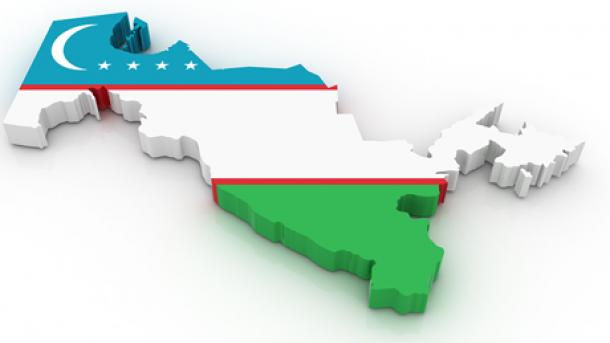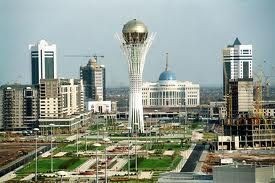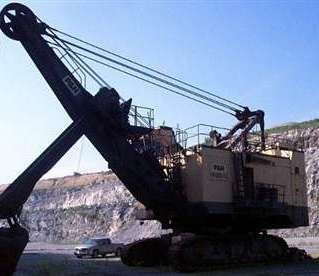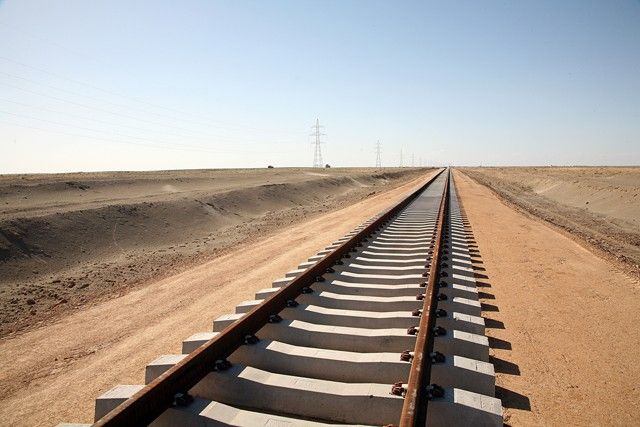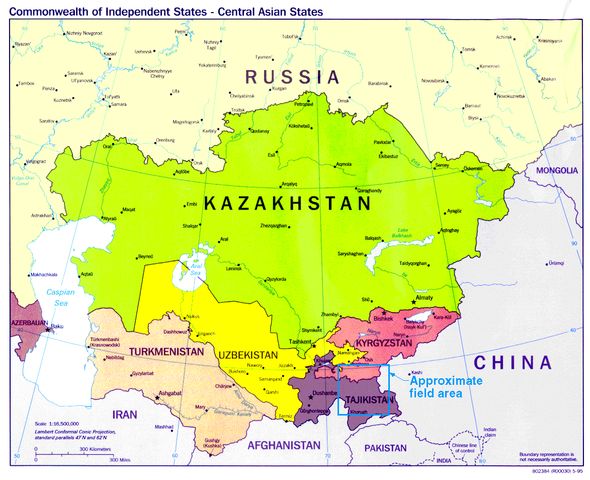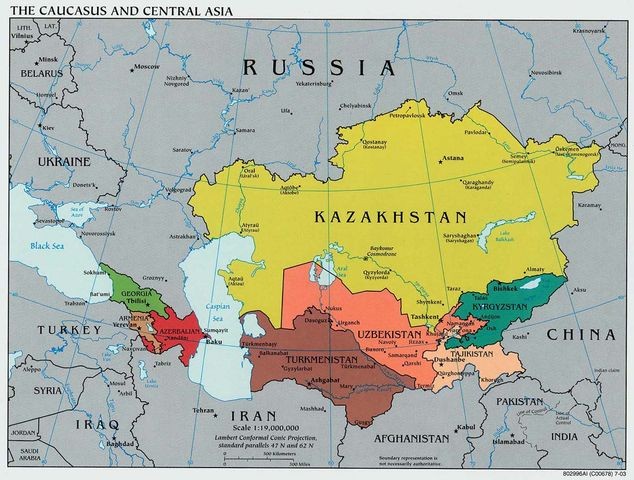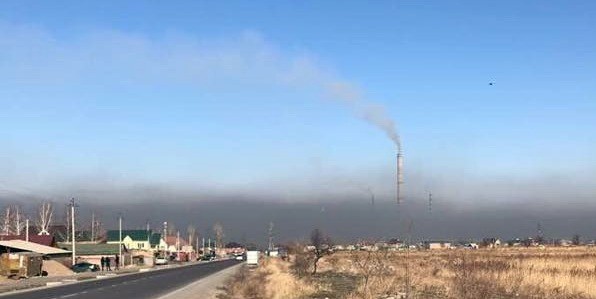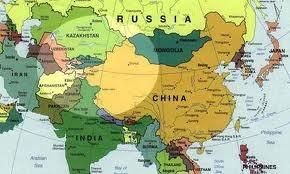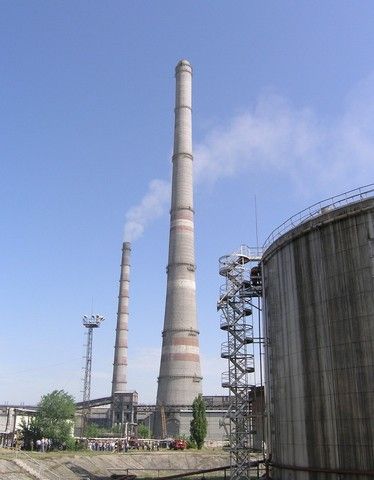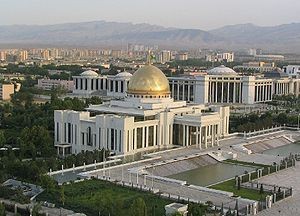Uzbekistan to Get Two More Wind Farms to Support Domestic Energy Sector
Saudi company ACWA Power will build two more wind farms in Uzbekistan with a total capacity of 800 MW. One of them will be located in the Kungrad district of Karakalpakstan, and the second in the Gijduvan district of Bukhara region. The agreement, signed back in November 2023, envisages an investment of almost $1.1 billion. Under the agreement, ACWA Power will sell electricity generated by these power plants to JSC National Electric Networks of Uzbekistan for 25 years. The Saudi company considers Uzbekistan promising in terms of energy investments. According to the republic's national strategy, it plans to increase its share of green energy up to 25% nationally by 2030. ACWA has already invested $7.5 billion in the republic's energy sector. The largest of its projects are the construction of a combined cycle heat-power plant (CCHP) with a capacity of 1.5 GW in the Syrdarya region, a wind farm with a capacity of 1.5 GW in Karakalpakstan, and two CCHPs with a total capacity of 1 GW in Bukhara region. The company also plans to produce green hydrogen in Uzbekistan. This project, which was finalized and launched in November of last year, will be realized in two stages. To start, a 2.4 GW power plant will produce 500 thousand tons/year of green hydrogen, which will then be used for the production of nitrogen fertilizers. According to experts' calculations, this will save 33 million tons of natural gas. The company has launched the first such project in its home country, and the second oneis scheduled for the end of this year. In recent years, the republic has embraced green energy, which now accounts for only 10% of the country's total electricity output. By comparison, in Germany in 2023, renewable energy sources provided up to 60% of the total electricity generated in the country. The President of Uzbekistan has repeatedly emphasized in his speeches that the country's green energy capacity exceeds its needs by 10-12 times. For Uzbekistan, decarbonization of the energy sector is becoming a priority not only from an economic point of view. It's also required by pressing environmental conditions in hot, dry Central Asia - conditions which are deteriorating by the day. According to a World Bank report titled Country Report on Climate and Development, by 2030 at least eight million people across the country will live in areas threatened by very high climate risks. According to the authors of the report, abandoning traditional energy sources will enable Uzbekistan not only to strengthen the country's energy security, but also to rid itself of one of the main causes of high mortality - air pollution.


